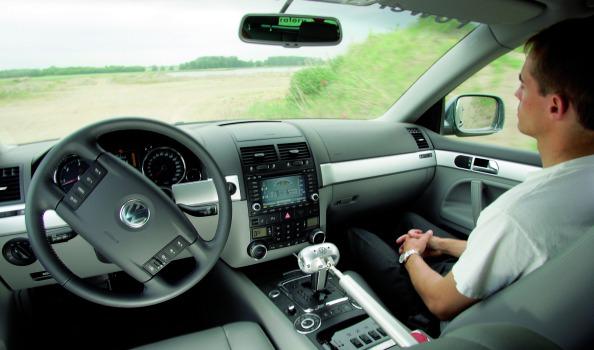无人驾驶将成汽车保险公司噩梦?

据悉,无人驾驶汽车即将占领澳洲的道路。虽然这能显著降低车祸发生,消费者很是欢迎,但是汽车保险公司却感到了压力山大。
穆迪投资者服务公司的最新研究发现,智能汽车所具备若干特点能避免事故发生,如自动刹车和自适应巡航控制,这会降低未来5到10年车祸发生几率。
虽然这将在中短期提振汽车保险公司的利润,但长远看来也有可能大幅削减保险公司的收益,伴随着索赔的急剧下降,修理高科技轿车零件成本会飙升。
汽车巨头如福特,尼桑,奔驰和特斯拉都明确计划会推出无人驾驶汽车,预计在2020年至2025年上市。穆迪分析,到2045年大多数汽车可能是自动驾驶,并有可能在三十年后普及。“许多保险公司不会立马降低他们的价格,就因为他们在观望是否事故频率下降是持续的,这在未来5到10年可能会提高保险公司的盈利能力,”穆迪在最新的行业报告称。“这就是说,事故发生率的降低会部分抵消运用嵌入式技术替换零件的高昂成本。”
无人驾驶汽车的风行,也意味着对传统汽车保险需求的减少,从而降低保费和利润。
“私家车对于包括美国在内的许多国家,是财产和意外险的主要来源,它对保险业的影响会很显著,”报告说。保险业大约38%的行业保费收入来自汽车保险。
“监管机构,立法者和法院都必须确定责任如何合理的分散到保险公司,汽车制造商和技术公司之间,”报告说。
穆迪预计,伴随着无人驾驶汽车生根发芽,保险公司将不会袖手旁观,眼睁睁地看着他们的利润慢慢流失。普华永道的研究发现,在最易受技术变革影响的行业排行榜上,全球保险业排名第二,仅次于传媒娱乐。
“尽管自动驾驶汽车将汽车保险业蒙上了不确定性,市场利润可能会收窄,但保险公司仍有时间去创新和多样化,以保持竞争力,”穆迪的报告说。
“穆迪预测自动驾驶汽车会引发全球汽车保险业变革,触动行业巨变,包括合并,破产和新兴公司的崛起。”(来自金融评论)
Driverless cars to dent insurer profit
Driverless cars could conquer Australian roads and dramatically reduce accident rates, a trend that will be welcomed by consumers but heap pressure on the profit of motor insurers.
New research from Moody's Investors Service found accident avoidance features in smart cars, such as automatic braking and adaptive cruise control, will lead to fewer accidents in the next five to 10 years.
While this will boost motor insurer profit over the medium term, it could also dramatically cut insurers' gains over the long term as claims decrease and the costs soar of parts to repair high-tech cars.
Automaker behemoths including Ford, Nissan, Mercedes-Benz and Tesla have flagged plans to roll out driverless cars by 2020 to 2025. Moody's analysis found a majority of cars could be self-driving by 2045, and are likely to become universal in three decades.
"Many insurers will not lower their pricing right away as they wait to make sure the frequency declines are lasting, which could boost insurer profitability over the next five to 10 years," Moody's latest report on the sector says." That said, reduced accident frequency would be partially offset by higher costs of replacement parts with embedded technology."
The predicted increase in driverless car take-up would also mean a significantly lower demand for traditional car insurance, leading to lower premiums and profit.
"Given that personal auto is the largest P and C [property and casualty] insurance line in many countries, including the US, the insurance industry impact could be significant," the report says. About 38 per cent of the industry's premiums – or revenue – can be traced back to motor insurance.
"Regulators, lawmakers and courts will have to determine how liabilities are shared among insurers, automobile manufacturers, and technology companies," the report says.
Moody's expects insurers will not be sitting idle and watching their prize profit-churner fall away as driverless cars take root. Research from PwC found that the global insurance industry ranked second only behind media and entertainment as the industry that is most significantly affected by technological change.
"Despite the uncertainties self-driving cars cast over the auto insurance industry, insurers have time to innovate and diversify in order to stay competitive in a potentially narrower market," the Moody's report says.(From Financial Review)
(翻译:于倩)
